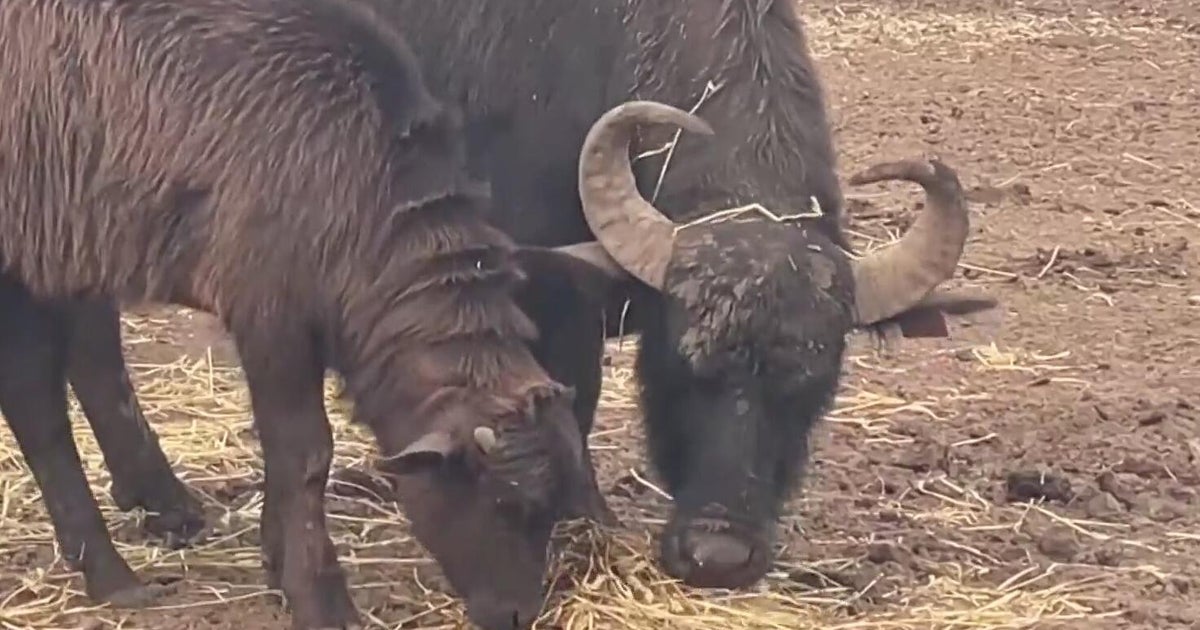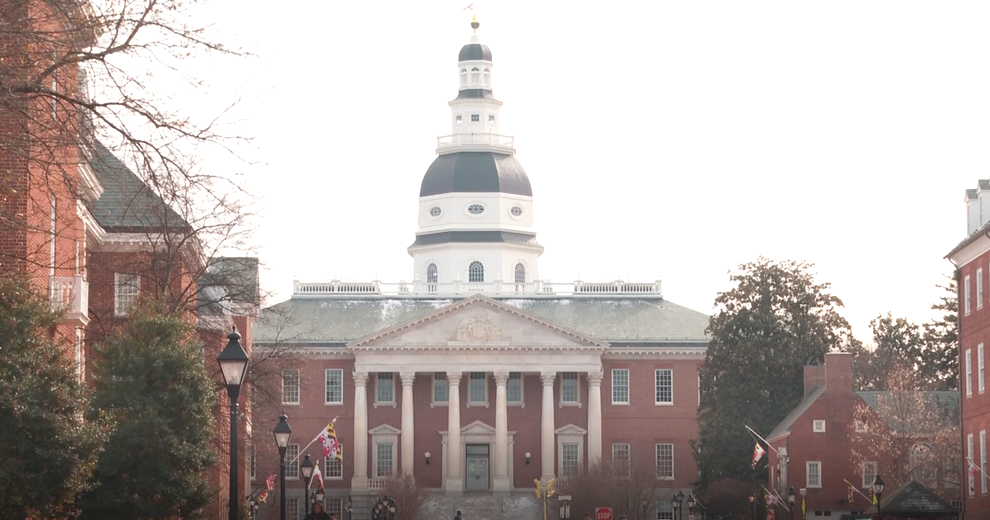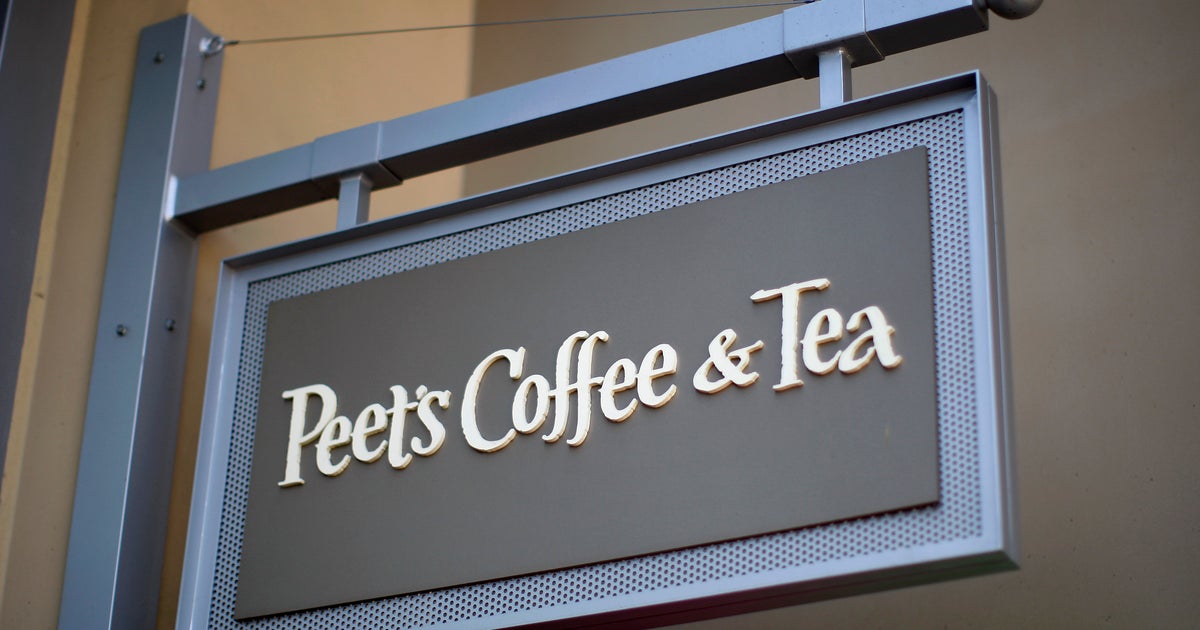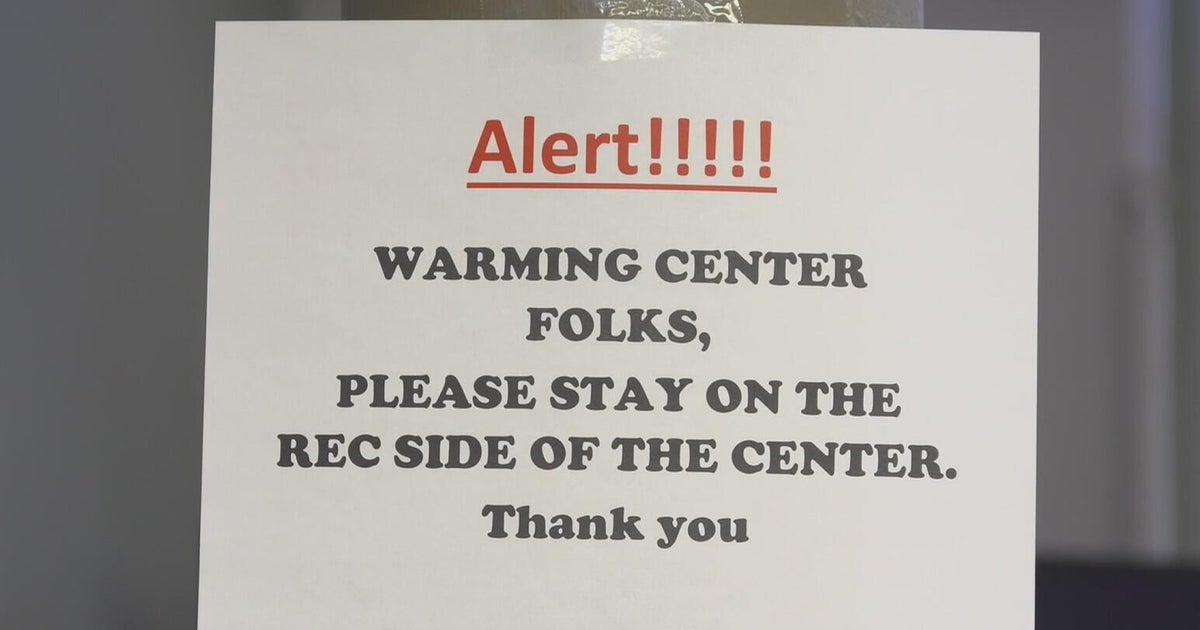Group plants oysters in the Chesapeake Bay to keep the water clean.
BALTIMORE - Oysters are a crucial part of the ecosystem within the Chesapeake Bay.
Maintaining their population is important to keeping other species healthy and the water quality safe.
"It feels like it's part of being a Marylander," said Allison Albert Guercio, from Oyster Recovery Partnership.
Last Thursday, Operation Build a Reef Eastern Bay planted a boatload of oyster shells into the Chesapeake coated in spat or baby oysters.
"The vessel holds 18 million oysters," Guercio said. "It was quite a few. As you saw, it was piled up high and then to let them out on the planting site, they open up the gunwales, and there's a waterman aboard who sprays them overboard gently."
It's a regular practice between April and September in an effort to keep the Bay's water healthy and support those who rely on it for income.
"They provide a major filtration benefit to the water," Captain Zack Kelleher said. "We have cleaner water. We have more submerged aquatic vegetation growing. We have cooler water, more oxygenated water that allows a lot of other Chesapeake species to thrive. We have a ton of hard-working watermen here that go out and depend on this resource. We have a lot of aqua-culturists who go out and raise farm-raised oysters. We're all kind of fighting for the same thing, which is clean water."
Before the oysters could be distributed there was some groundwork to do.
"Before today's planting, we put down about 1800 bushels of oyster shell, which just create an additional hard bottom that maybe future oysters could settle on to," Guercio said.
"People want clean water and so they're really fired up about it," Captain Zack added. "They contributed in a very meaningful way. We were able to raise close to $80,000 to cover the expenses."
And, there are things that Marylanders can do at home to play their part like planting native plants, like reducing fertilizers, maintaining natural buffers and keeping water top of mind.
"Our data shows that the majority of the pollution entering our waterways is coming from directly within that local watershed," Captain Zack said. "So, that means we all have a role to play. There's something that all of us can be doing right now, starting today."
Last year, 75 million oysters were planted in the Eastern Bay.







